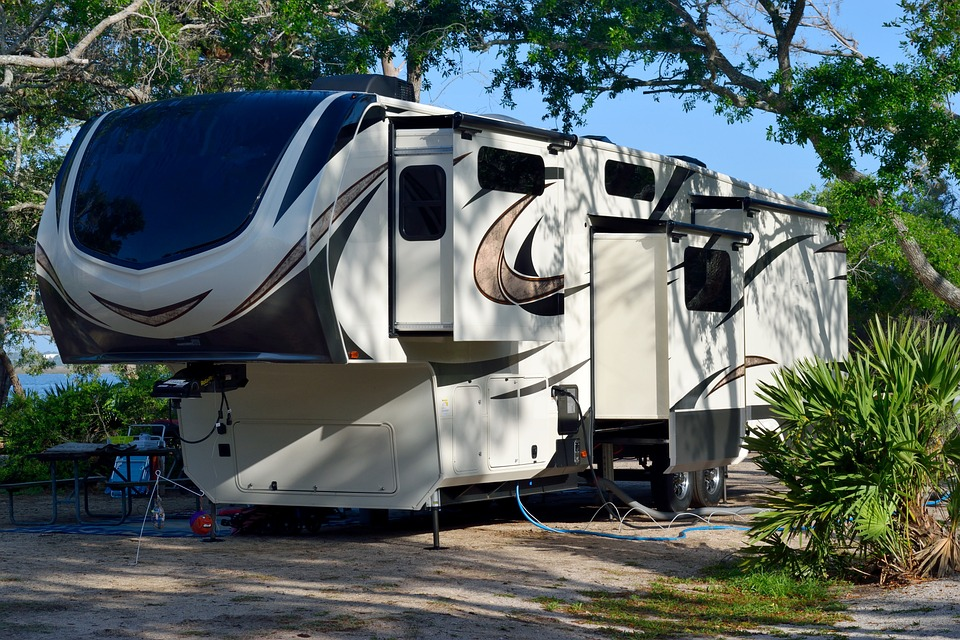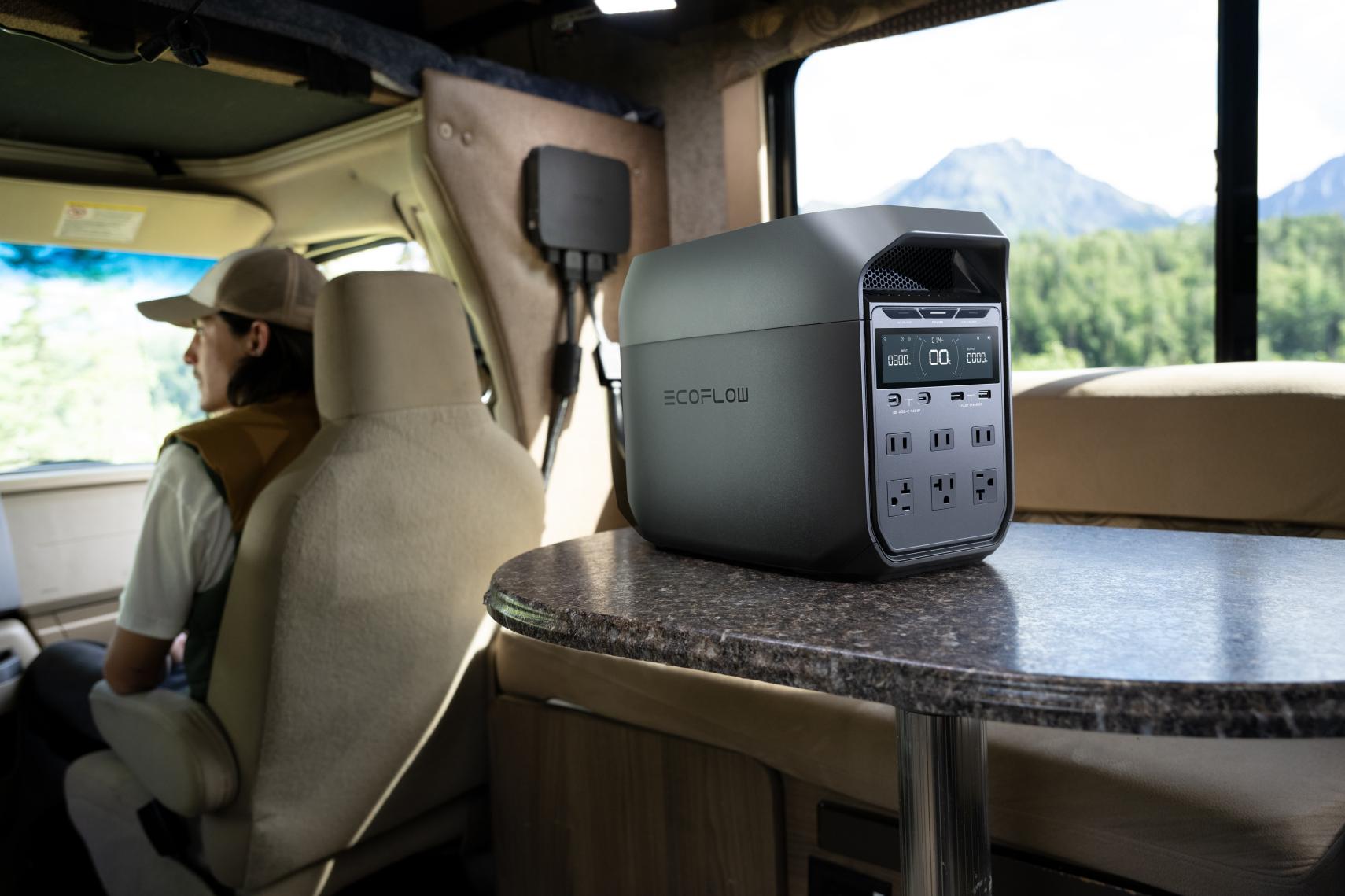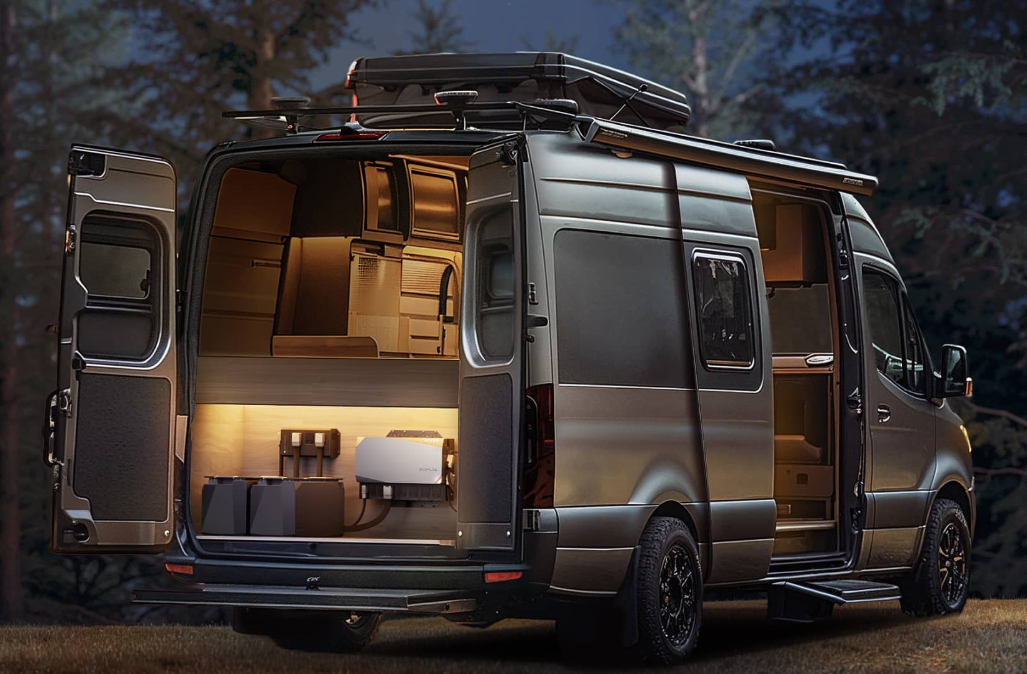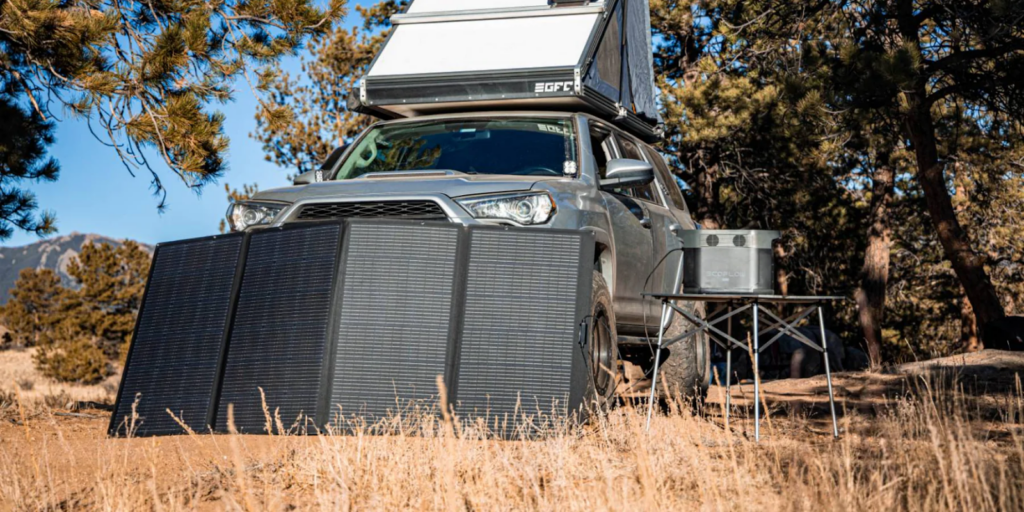Is It Cheaper to Live in an RV Than a House?
It’s easy to scroll through social media and see people traveling everywhere in their RVs, thinking their lifestyle looks both free and inexpensive. But once you get past the scenic posts, you start to wonder about the practical costs. Expenses like fuel, campground fees, and vehicle maintenance begin to add up. So, the main question is, does living on the road actually turn out to be cheaper than living in a regular house? This article will help you do the math by comparing the typical expenses of both lifestyles.
Is It Living Than Live in a House?
There is no simple "yes" or "no" to this question. The answer depends entirely on your lifestyle, spending habits, and financial goals. RV living fundamentally trades fixed housing costs, like a mortgage and property taxes, for highly variable expenses, such as fuel, campground fees, and frequent maintenance.
The final cost comes down to a few key factors. A stationary RVer who buys a used vehicle with cash will have drastically different expenses than a traveler in a new, high-end motorhome who is always on the move. More importantly, the biggest financial difference isn't found in the monthly bills, but in the long-term value of your asset—a house is an investment that typically appreciates, while an RV is a vehicle that always depreciates.
RV vs. House: Upfront & Initial Costs
The upfront capital expenditure for both RVs and homes constitutes the most formidable obstacle. Both options demand a considerable amount of upfront investment, although the character of the expenditure varies greatly.
What an RV Costs Upfront
For those who trend toward RV living, the biggest outlay is the vehicle itself, commonly referred to as the "rig." The cost range is enormous. A small travel trailer, brand new, can begin at around $30,000, while a top-of-the-line Class A motorhome, with residential-sized appliances and luxury finishes, can easily exceed $500,000. A used RV is chosen by many to realize substantial cost savings in the purchase price. This approach, nevertheless, is not risk-free; a reduced upfront cost can occasionally be balanced by the immediate necessity for costly repairs, such as the replacement of a set of tires or the repair of a water-damaged roof.
A very important and often underestimated cost is the tow vehicle. If you are buying a travel trailer or a fifth wheel, you can't just hook it up to an ordinary sedan. You'll need a sturdy truck or a large SUV with the right towing capacity. A good used truck to do the job can tack on an additional $20,000 to $50,000 to your upfront cost, a consideration that can radically change your initial budget.


What a House Costs Upfront
For homebuyers, the highest single closing expense is nearly always the down payment. Lenders usually ask for 3% to 20% of the home's entire purchase price. For a $400,000 home, that works out to an upfront cash obligation of $12,000 to $80,000.
In addition to the down payment, you need to factor in closing costs. These are the assorted fees that go toward completing the real estate transaction and usually run 2% to 5% of the home's price. These fees pay for such basic services as the property appraisal, a detailed home inspection, title insurance to guard against ownership conflicts, and legal services. Last, first-time homeowners have the expense of furnishing the place and covering the move itself. This includes buying major appliances, buying furniture for several rooms, paying utility setup charges, and budgeting for any immediate repairs or upgrades required upon taking possession.
RV vs. House: A Breakdown of Monthly Expenses
Your ongoing daily and monthly expenses are where the financial realities of each lifestyle truly diverge. Here is how the costs stack up in each major category.
Housing & Parking Costs
For the RV: Loan and Lot Fees
If you finance your rig, you'll have a loan payment every month. Your bigger and fluctuating expense is for parking. Overnight visits to nice campgrounds range from $40 to more than $150 per night. Parking fees under $500 are nearly impossible, most affordable monthly spot at an RV park will usually range from $500 to $1,500. The least expensive option is 'boondocking' on public lands for close to free but with the limitation of being completely self-contained for power and water. This is where it becomes necessary to have a portable power station or a heavy-duty battery backup system. It provides you with the ability to operate lights, charge devices, and utilize small appliances quietly without the use of a noisy, fuel-drinking generator, thus making off-grid living both feasible and affordable.


For the House: Mortgage or Rent
For a homeowner, the primary monthly expense is the mortgage payment, which includes the loan principal, interest, property taxes, and homeowner's insurance. For renters, this is simply the predictable, fixed monthly rent payment.
Utility Expenses
For the RV: Propane, Power, and Internet
RV utility costs are unique. You will have a recurring bill for propane (for heat and cooking), which can range from $20 to $80 a month. Electricity is sometimes included in monthly park fees but is often billed separately. Securing reliable internet is a major challenge, usually depending on cellular hotspots or inconsistent park Wi--Fi.
For the House: Standard Utility Bills
A house has higher but more consistent utility bills. These include predictable monthly costs for electricity, natural gas, water, sewer services, and trash collection. Home internet packages also contribute to this larger, more stable monthly budget.
Maintenance & Repair Costs
For the RV: Frequent Upkeep
An RV requires frequent maintenance due to the stress of travel. Common repairs include replacing expensive tires, engine service, and resealing the roof to prevent water damage. As a rule of thumb, you should budget 10% of the RV's original value for annual repairs.
For the House: Infrequent but Large Projects
Home maintenance involves less frequent but much larger expenses. For example, a complete roof replacement can cost over $8,000, and a new HVAC system can easily exceed $5,000. Routine costs also include things like landscaping and pest control.
Insurance, Fuel, and Taxes
For the RV: Specialized Policies, Fuel, and Fees
You will need a special "Full-Timer" insurance policy, which is more expensive, plus a separate policy for your tow vehicle. Fuel is a huge variable cost that depends on how much you travel, as most RVs get poor gas mileage (6-12 MPG). For taxes, you will pay annual vehicle registration fees and possibly a personal property tax.
For the House: Standard Policies, Commuting, and Property Tax
A house is covered by a standard homeowner's insurance policy. Fuel costs are typically lower and more predictable, limited to local commuting. The most significant tax is the substantial and unavoidable annual property tax paid to local government, which often increases over time.
Long-Term Value: RV Depreciation vs. House Appreciation
The single most important long-term financial difference between these lifestyles is how the primary asset holds its value over time.
The RV: A Depreciating Asset
An RV is a vehicle, and like any car, it begins to lose value rapidly the moment you purchase it. It is not a financial investment. Its value consistently decreases, and you should never expect to recoup your initial purchase price when you sell it.


The House: An Appreciating Asset
In stark contrast, real estate has historically appreciated, or increased, in value over the long term. This allows a homeowner to build equity—the portion of the property's value that they own outright. This growth in equity is a powerful tool for building personal wealth and is the biggest financial advantage of owning a home.
When is RV Living Cheaper? A Look at Three Lifestyles
RVs are also divided into different types. Whether RV living saves you money depends entirely on your travel and spending habits. Here is a look at three common scenarios that result in very different financial outcomes.
Scenario 1: The Stationary Budget RVer
This person buys an older, used RV with cash to avoid a loan payment. By parking long-term in a single, low-cost location, they eliminate fuel costs and keep lot fees to a minimum. For this type of RVer, the lifestyle is almost certainly cheaper than renting an apartment or owning a home.
Scenario 2: The Thrifty Traveler
This person or couple buys a modest, reliable RV and travels slowly to conserve fuel. They primarily stay for free on public lands by using a portable power station for their electrical needs, allowing them to cook their own meals and power essentials without paying for campsites. This focus on self-sufficiency is key to minimizing all major expenses. This approach can be significantly cheaper than traditional house living, especially when compared to life in a high-cost city.


Scenario 3: The Luxury Traveler
This individual finances a new, high-end motorhome and is constantly on the move. They prefer expensive RV resorts with full amenities, eat out often, and spend freely on activities. For this traveler, the total monthly cost can easily meet or exceed a typical mortgage payment, wiping out any potential savings.
Calculate Your Own Answer!
The right choice comes down to a simple trade-off. RV living frees you from a mortgage and property taxes, but it introduces highly variable costs like fuel and the guaranteed financial loss from depreciation. Besides, life is very inconvenient in winter that you need some tips to help you live in a RV during winter.. Ultimately, each path serves a different financial goal. Frugal RV living is often better for maximizing short-term savings and lifestyle freedom, while homeownership is the superior choice for building long-term wealth. To find your personal truth, create two detailed budgets—one for house living and one for your envisioned RV lifestyle. The numbers will give you your definitive answer.
FAQs About the Costs and Logistics of RV Living
Q1: What are the biggest hidden or unexpected costs of full-time RV living?
The largest unexpected costs usually come from major repairs. A new set of high-quality RV tires can cost thousands of dollars, and sudden engine, transmission, or roof issues can be very expensive. Another common hidden cost is specialized gear. Depending on your travel style, you may need to purchase solar panels, a portable power station, or cellular signal boosters to live comfortably, all of which are significant upfront investments not included in the initial vehicle price.
Q2: How do full-time RVers handle practical things like receiving mail and a legal address?
Most full-time RVers use a professional mail forwarding service. These companies provide a physical street address where all your mail is sent. They then scan your mail for you to view online or physically forward it to you wherever you are. For a legal address (domicile) needed for taxes, driver's licenses, and voting, RVers often establish residency in a state with no state income tax and RV-friendly regulations, such as South Dakota, Texas, or Florida.
Q3: Since RVs depreciate so much, is there any way to reduce financial loss?
While you can't stop depreciation, you can slow it down to maximize your resale value. The best method is meticulous and documented maintenance. Regularly servicing the engine, checking roof and window seals to prevent water damage, and keeping the interior and exterior clean will make a huge difference. Buying a popular model from a well-regarded brand a few years old can also be a smart move, as the steepest drop in value is absorbed by the first owner.
Camping
For press requests or interview opportunities, reach out to our media team
media.na@ecoflow.com